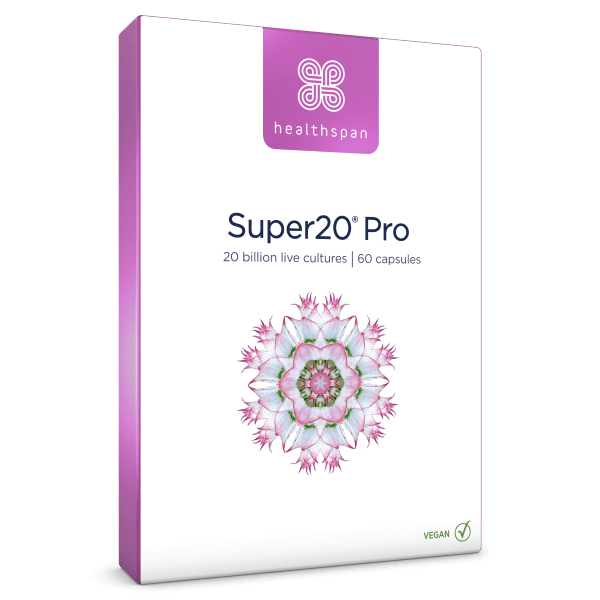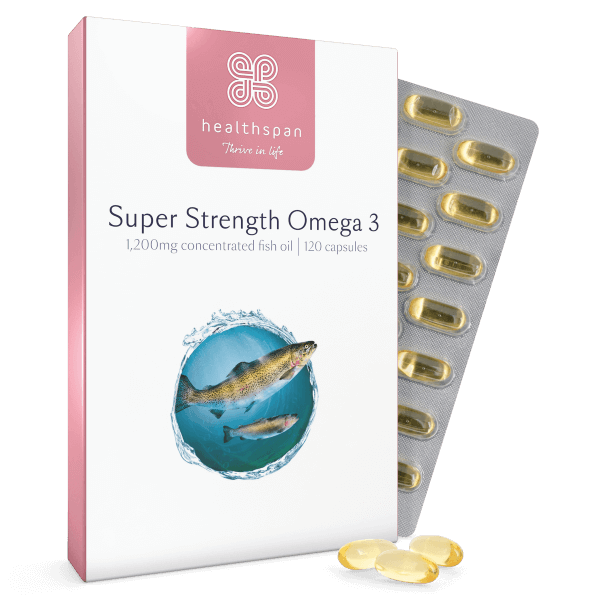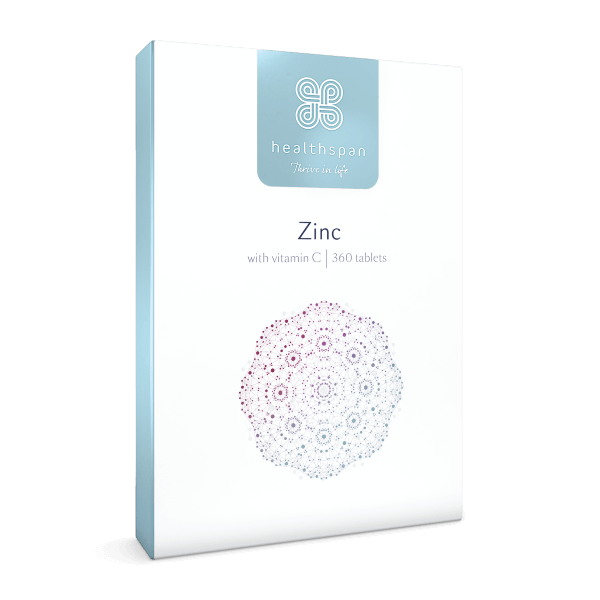Transitioning to a vegan diet is always a big lifestyle change. However, it’s worth remembering that it’s a big change for your gut, too. A vegan diet can benefit your gut in a number of ways, but it's important to remember that the transition isn't without its potential problems.
How is a vegan diet going to affect gut health?
As with any dietary change, no matter how big or small, the gut will feel the effect of adopting veganism relatively swiftly. In the case of a vegan diet, there can be both a positive and negative impact on gut health.
The Pros
The good news is that a vegan diet tends to be higher in prebiotics, the fuel used by good bacteria in the gut. Prebiotics supports the bacteria that are already living in the digestive tract; you'll find prebiotics in plant foods such as apples, onions, garlic, leek, beans, and grains. So if your diet includes a good variety of plant foods, it's likely you'll have your prebiotic intake covered.1
A vegan diet is also likely to be high in antioxidants and anti-inflammatory foods such as fruits, vegetables, nuts, seeds, and legumes. These foods can help to protect the gut from inflammation and damage.2
The Cons
Unfortunately, there are also some aspects of a vegan diet that could be problematic for gut health. Even a healthy vegan diet has the potential to be deficient in a number of gut-supportive nutrients which most plant-based foodstuffs lack. A vegan diet also excludes common sources of probiotic foods such as yogurt, which can be a problem since it's these probiotic foods that provide good bacteria and maintain a positive balance of bacteria in the gut.3 There are alternative options though, like soy yogurt and coconut yogurt.
Some people may also find that an underlying gut concern is exacerbated by a vegan diet. Fructose malabsorption and IBS are two examples of conditions that could be exacerbated by a higher plant food intake. If you've already been diagnosed with these conditions, you may want to give your decision to adopt veganism wholesale some further consideration.4, 5
The quality of your diet will always affect the gut. If you're unsure about what to eat, a good starting point is to make sure you're eating a balanced diet focused on wholefoods. By doing so, you'll be less likely to experience as many issues - but if you're eating unhealthy foods like Oreos and other 'accidentally vegan' processed foods daily, you're at a much higher risk of deficiencies and other gut issues.

Super20 Pro
Our best-selling probiotic
- 20 billion live cultures from 5 well-researched strains
- Contains Lactobacillus acidophilus, Lactobacillus paracasei, Bifidobacterium lactis and Bifidobacterium bifidum
- Supports the protective intestinal microflora in the gut
Gut nutrients and the vegan diet
There are a few key nutrients to consider when it comes to a vegan diet and gut health.
One of the most important is zinc. Zinc is a mineral that's found mostly in animal products. It's of particular concern in a vegan diet as its competing nutrient, copper, is naturally higher in a plant-based diet.
Zinc plays many roles within the gut. It's an essential nutrient for the immune system, with deficiency leaving the gut vulnerable to bad bacteria. It can also have anti-inflammatory effects throughout the body, inclusive of the digestive tract. One recent discovery is that zinc helps to maintain tight gap junctions, protecting against leaky gut syndrome.6, 7
Next, glutamine is an amino acid that is essential for maintaining the gut lining. Without sufficient glutamine, the gut can become leaky, leading to a range of health issues.8 Many of the dietary sources of glutamine are animal-based, so a plant-based diet may become deficient.
Omega-3 fatty acids are another potential issue with a plant-based diet. An omnivore can consume sufficient omega-3s with just 2-3 servings of fatty fish per week; however, reaching this goal can be more difficult when excluding all animal products.
Omega-3s play an essential role in reducing inflammation throughout the body, including the digestive tract.9 In fact, the omega-3 intake of a parent may even affect the gut bacteria of their offspring.10 Research has also shown that an omega-3 rich diet can increase the levels of beneficial bacteria within the gut.11

Super Strength Omega 3 1,200mg
Highly concentrated, refined and sustainably sourced omega-3 fatty acids
- 240mg DHA and 360mg EPA
- Anti-inflammatory; supports brain, eye and heart health
- Benefits of oily fish for 22c a day
Can you avoid the pitfalls of a vegan diet?
These potential issues might seem overwhelming; however, the good news is there are simple tweaks you can make to support your gut health on a vegan diet.
One of the best things to start with is consuming probiotic foods. There are plenty of options that are vegan-friendly. Sauerkraut, kimchi and pickled vegetables are good options for foods, or you could include drinks like kombucha and water kefir. Some brands even offer dairy-free yoghurt options such as coconut yoghurt. As always, just make sure you read the label and check that they contain live cultures.
Increasing your intake of gut-supporting nutrients is another easy change. For zinc, your best sources include pumpkin seeds, beans, nuts, seeds, and oats.12 To get your glutamine, include some beans, nuts, and cabbage. Plant-based omega-3 sources include chia seeds, flaxseeds, walnut and algae such as spirulina.13
If you are experiencing digestive symptoms such as bloating, gas and abdominal pain, seek out your health practitioner's advice. Although digestive disorders can be exacerbated by a vegan diet, your health practitioner can help you to tailor your diet to relieve symptoms whilst hopefully remaining within the parameters of a vegan lifestyle.

Zinc with Vitamin C
Easily absorbed zinc citrate for immunity, hair, nails, skin and vision
- Zinc citrate for easy absorption
- Supports immunity and multiple other health areas
- Support your health and wellbeing for less than €0.04 a day







 FREE UK DELIVERY – ENDS TODAY!
FREE UK DELIVERY – ENDS TODAY!